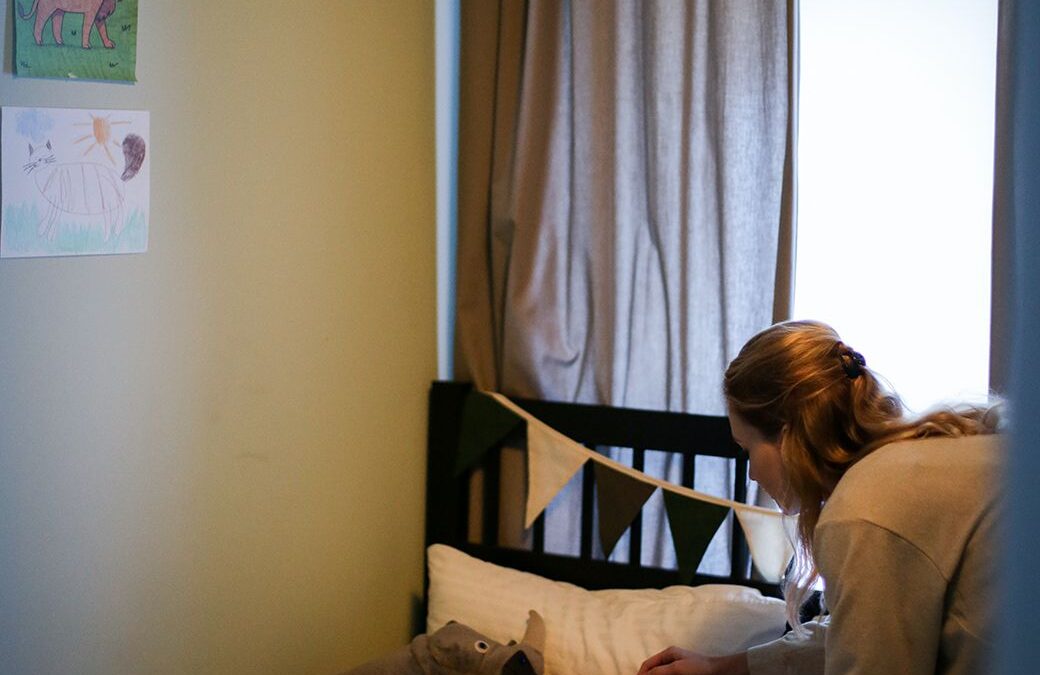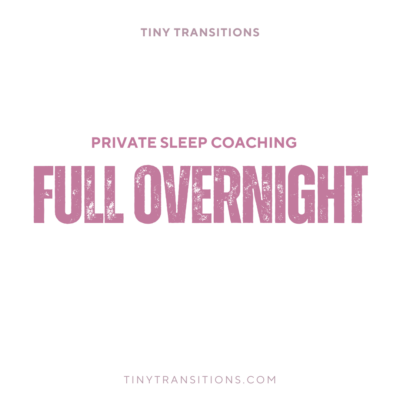How to Avoid Bedtime Battles and Create a Tranquil Sleep Routine
When it comes to getting your little ones (or even yourself) ready for bed, the struggle is real. Bedtime can often turn into a stressful battle between parent and child as everyone strives for just a few more minutes of play or TV time that will inevitably cause an extra hour of tossing and turning before sleep.
As a parent, there’s nothing more frustrating than feeling like you’ve tried everything to get your toddler to sleep at night, only to be met with resistance and delay tactics such as: one more hug, or just one more story or I’m still hungry. If you’re going through this, you’re not alone. many parents go through this phase with their children, but there are things you can do to alleviate the stress and end the bedtime battles, so your child gets the sleep they need.
Why is my toddler fighting bedtime?
Toddlers often resist going to bed because they may feel like they’re missing out on something fun or exciting. (Hello FOMO!!) They are also learning to assert their independence, and resisting bedtime is one way they can exert control over their environment.
Toddlers also have a hard time transitioning from activity to rest. The day is full of new experiences, and their brains are buzzing with everything that has happened. It can be hard for them to make the switch from being awake and active to trying to settle down and go to sleep. They may also be scared of sleeping in the dark or being alone.
If your toddler won’t sleep or they are fighting bedtime, here are some other common reasons why:
- They’re not tired enough: If they nap too much during the day, then they might not be tired enough to go to bed at night.
- They’re overtired: Toddlers are bundles of energy and can easily get overtired.
- Separation anxiety: Some toddlers may feel anxious about being away from their parents or caregivers. They may resist bedtime because they don’t want to be alone.
- Lack of routine: Toddlers thrive on routine, having a set schedule and bedtime routine can help signal to them that it’s time for bed.
- Too much screen time: Exposure to screens or electronics can overstimulate toddlers and make it harder for them to fall asleep.
How to avoid bedtime battles?
Bedtime battles with toddlers can be challenging, but there are strategies you can use to make the process smoother:
- Make sure your toddler’s bedtime routine is consistent every night. Toddlers thrive on routine and predictability, so establish a consistent bedtime routine that they can rely on. This might include a bath, reading a story, and saying goodnight to help your little one relax and prepare for bed.
- Cut back on-screen time: Be sure to limit time spent in front of screens or electronics, especially right before bed. Having too much screen time can cause overstimulation and make it harder for your toddler to fall asleep.
- Provide a comfortable sleeping space and create a calm environment: Ensure the bedroom is cool and dark. Use a white noise machine or soft music to create a soothing atmosphere, and make sure the temperature is comfortable.
- Start winding down early: Start the bedtime routine early enough so that your toddler has plenty of time to wind down and relax before bedtime. This may mean starting the routine an hour or more before bedtime.
- Offer choices: Toddlers love to feel in control, so offer them choices when possible. For example, ask them which pajamas they want to wear or which story they want to read.
- Use positive reinforcement: Praise your toddler for good behavior, such as following the bedtime routine or staying in bed. Use positive reinforcement, such as stickers or a reward chart, to encourage positive behavior and ensure that when you say “I love you, good night,” they
- Be patient and consistent: Bedtime battles can be frustrating, but it’s important to remain patient and consistent. Stick to the routine, be firm but gentle in enforcing rules, and avoid giving in to your toddler’s demands.
Toddler bedtime battles can be challenging, but they don’t have to be a nightmare. With the tips outlined above, you can work towards helping your toddler develop good sleep habits that will benefit them as they continue to grow. The key is to create a calm and predictable bedtime routine that helps your toddler feel secure and relaxed.
With patience and consistency, you can help your toddler develop healthy sleep habits that will last a lifetime.










